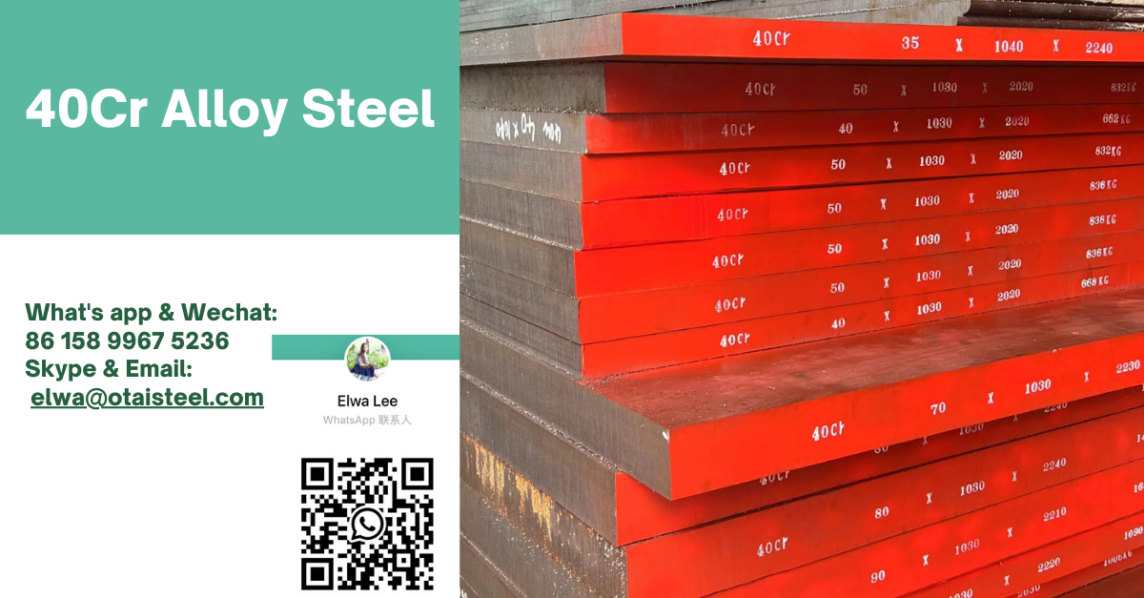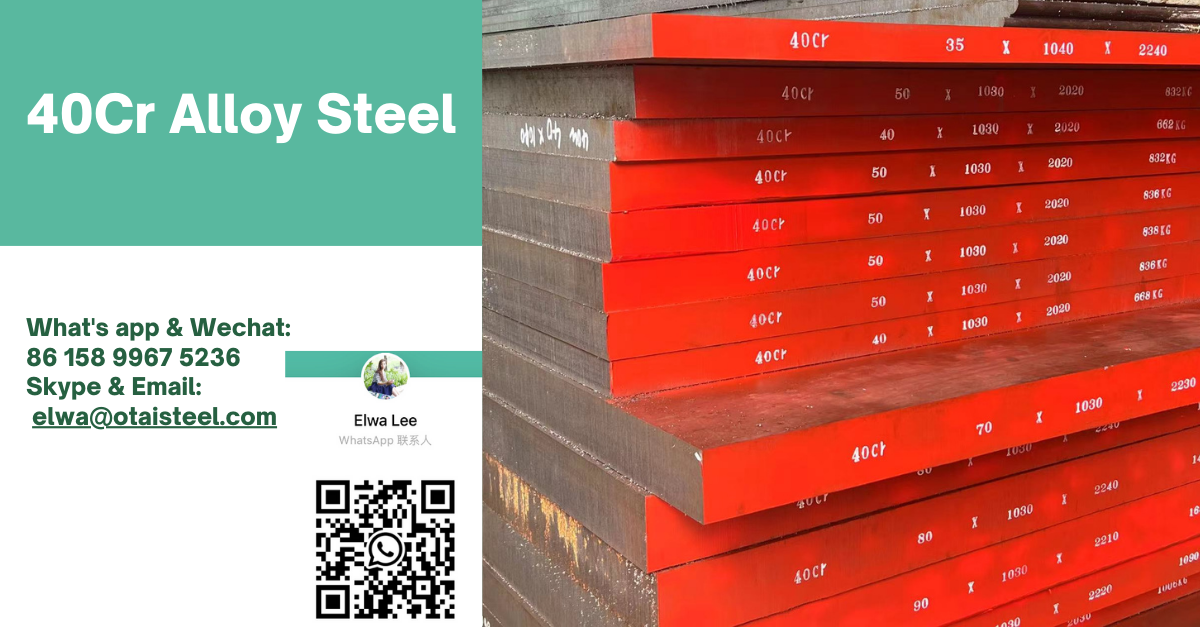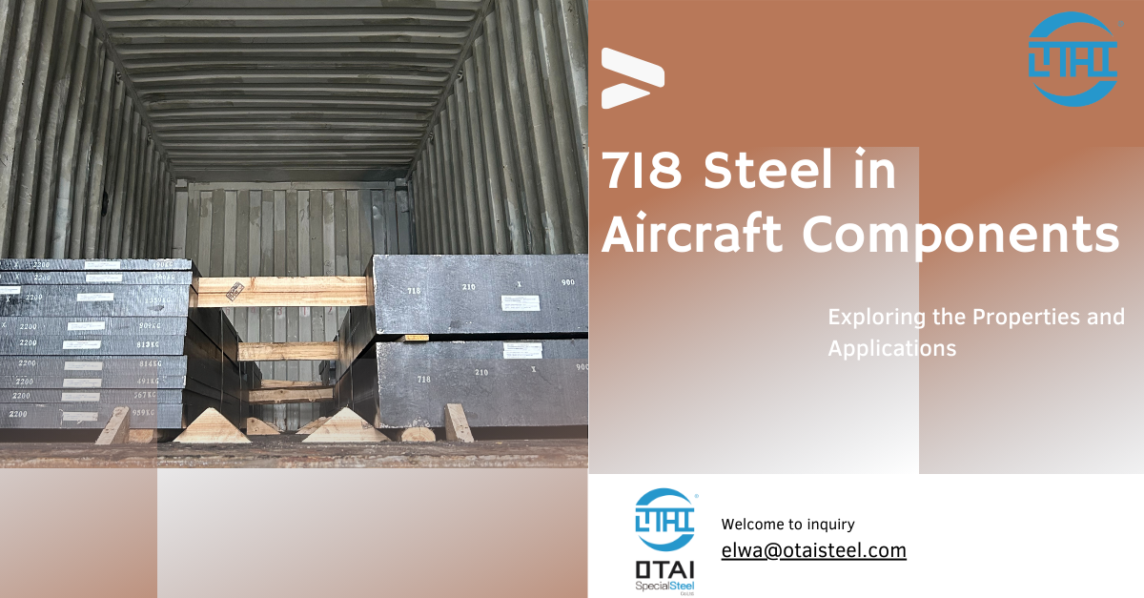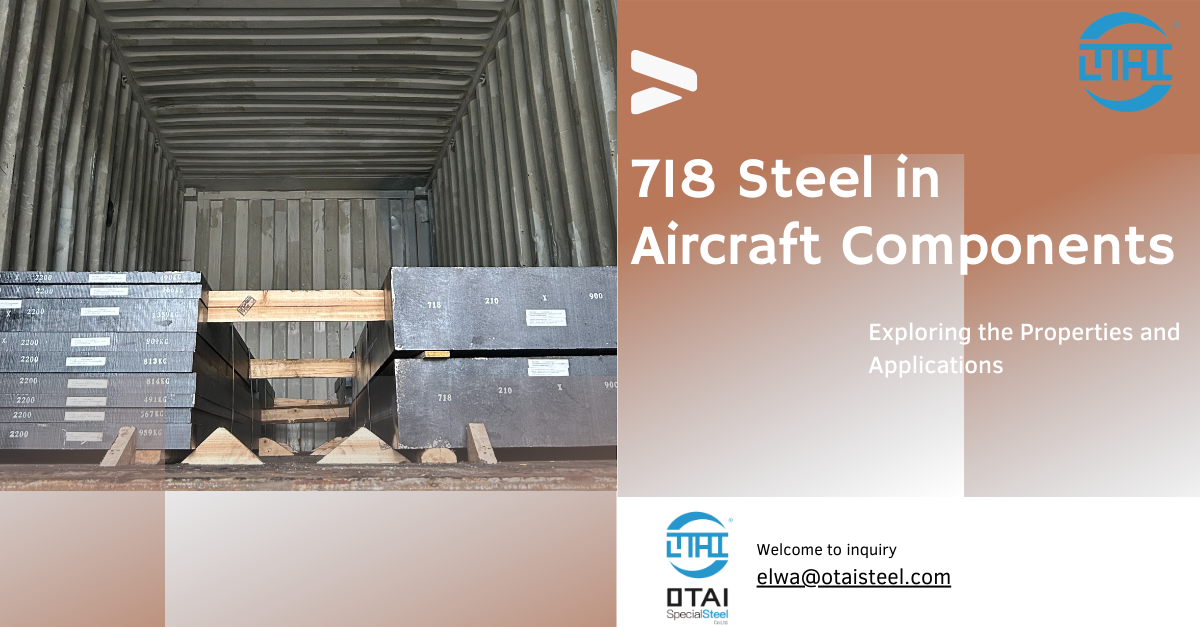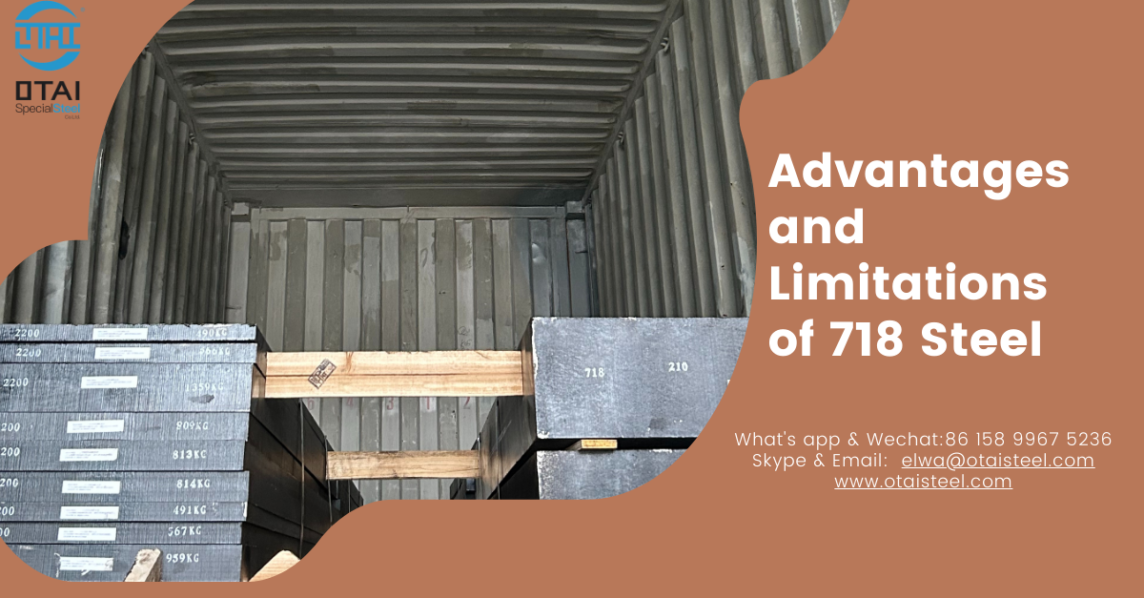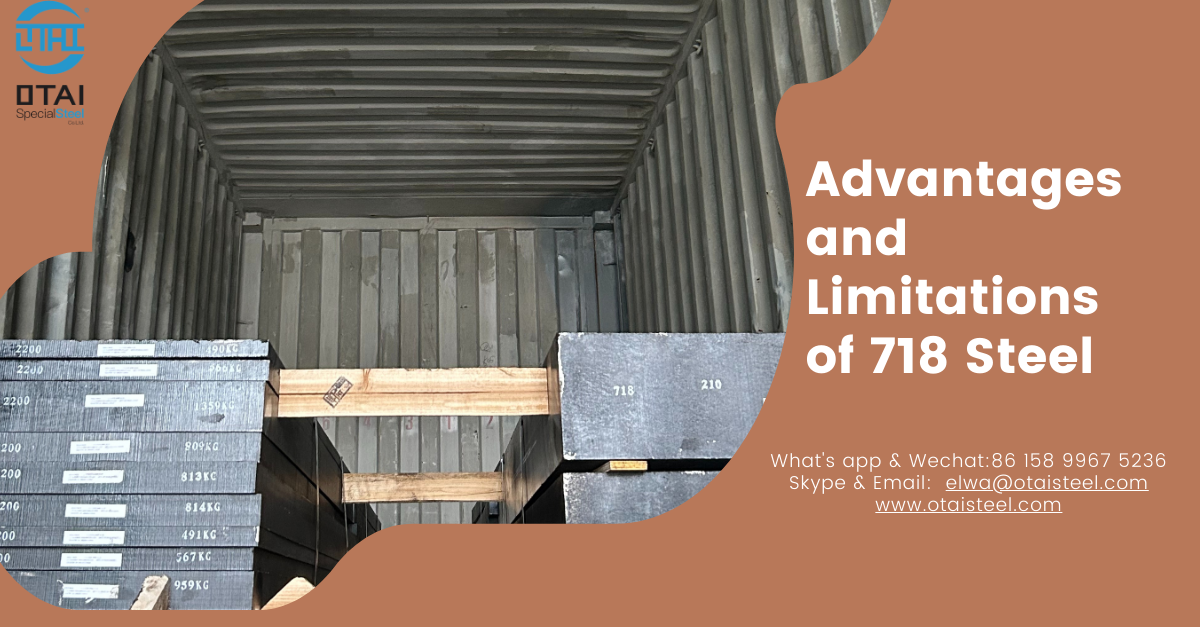Introduction
In the world of industrial materials, few can match the versatility and reliability of 4140 alloy steel. Known for its exceptional strength, toughness, and wear resistance, it has become a cornerstone for a myriad of applications across various industries. This article delves into the unique properties, its applications, and how it continues to be a preferred choice for engineers and manufacturers alike.
 The Essence
The Essence
4140 alloy steel is a chromium-molybdenum steel that boasts a fine-grain structure, making it highly suitable for applications requiring high strength and toughness. Its composition includes chromium for hardness and wear resistance, and molybdenum for added strength at high temperatures. The material’s heat treatability allows it to be quenched and tempered, achieving high tensile and yield strengths.
Applications
The diverse applications are a testament to its robustness. It is widely used in:
- Engineering Components: Gears, shafts, and heavy-duty fasteners.
- Automotive Industry: Axles, drive shafts, and suspension springs.
- Aerospace Sector: Landing gear components and other high-stress parts.
- Marine Applications: Propeller shafts and other parts exposed to saltwater environments.
Manufacturing and Processing
The manufacturing process involves precise control over chemical composition and heat treatment. Suppliers like OTAI ensure that each batch meets stringent quality standards. Processing services such as cutting, drilling, and machining are also offered to provide customers with tailored solutions.
Supply Chain and Inventory Management
OTAI takes pride in maintaining a substantial inventory of 4140 alloy steel plates, ensuring quick turnaround times for orders. With a ready stock of over 10,000 tons, ranging from 10mm to 300mm in thickness, we can cater to both standard and bespoke requirements.
Quality Assurance and Certification
Quality is non-negotiable at OTAI. Every piece of 4140 alloy steel is subject to rigorous testing and inspection to meet international quality standards. Our commitment to excellence has led to successful partnerships with Fortune 500 companies, who rely on our materials for their critical applications.
Case Studies and Customer Feedback
Real-world applications provide the best evidence of 4140 alloy steel’s capabilities. Case studies from our esteemed clientele in the aerospace, automotive, and engineering sectors highlight how OTAI’s 4140 alloy steel has met and exceeded their performance expectations.
Conclusion
4140 alloy steel is more than just a material; it’s a solution that empowers industries to build stronger, more reliable, and longer-lasting components. OTAI’s dedication to quality, coupled with our extensive inventory and processing capabilities, makes us a trusted partner for your 4140 alloy steel needs.
This article is a concise overview designed to provide insights into the world of 4140 alloy steel. It is written with the intent to engage and inform readers about the material’s significance in modern industrial applications, while also subtly promoting OTAI’s services and expertise in the field. If you require further details or a more extended piece, please let me know, and I will be happy to expand on any section or add more depth to the content.
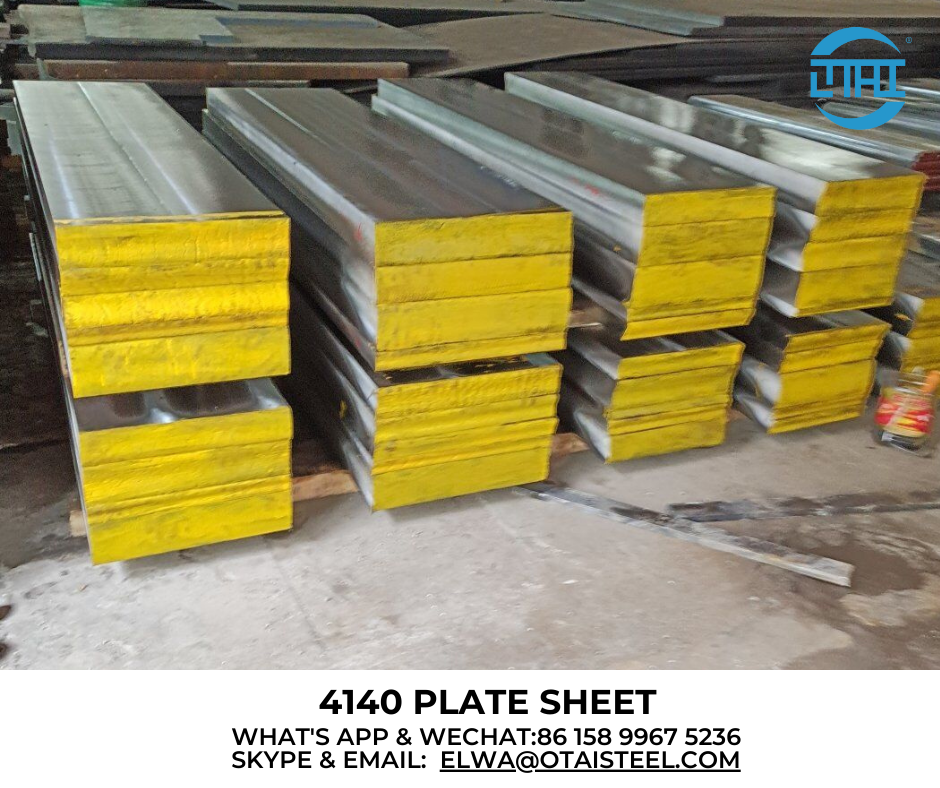
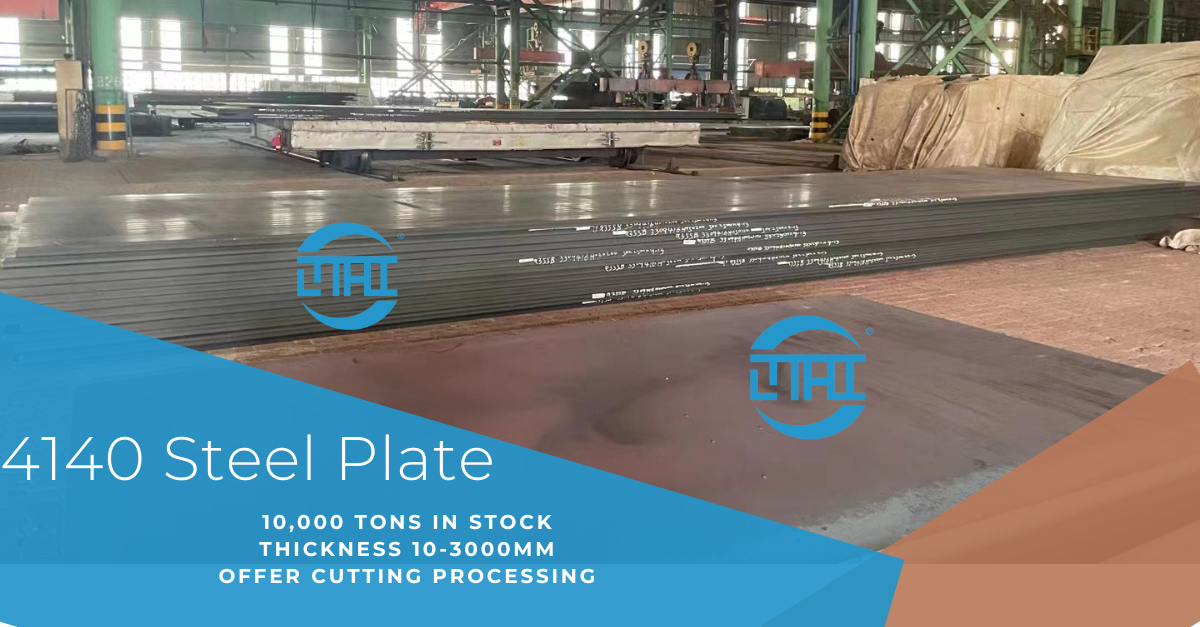 Key Characteristics
Key Characteristics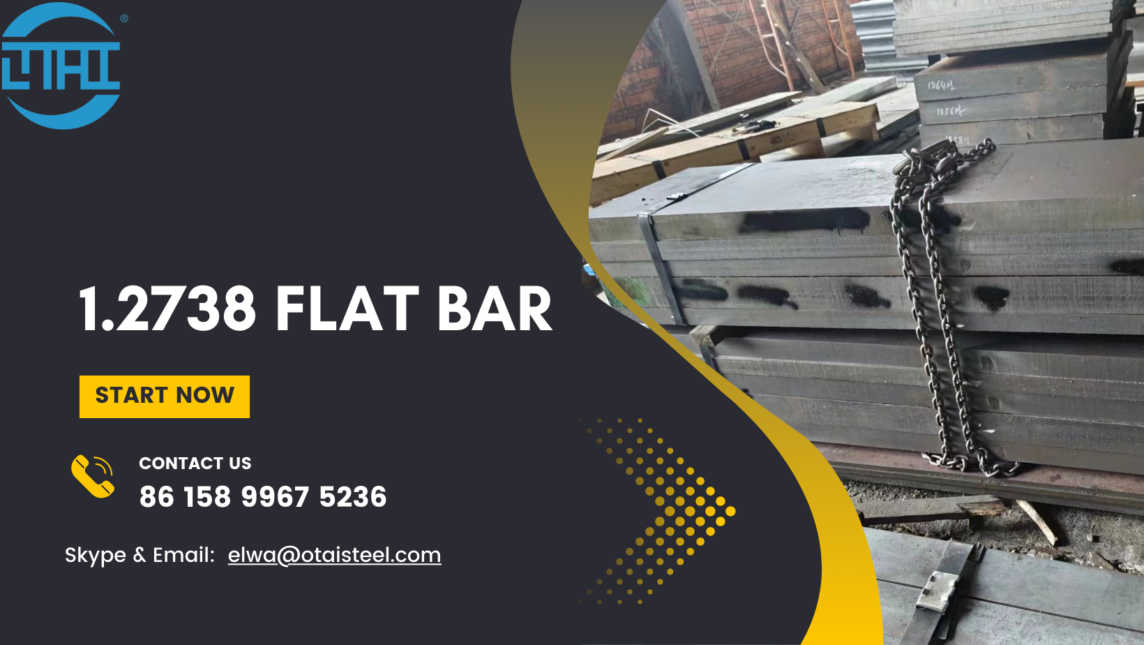
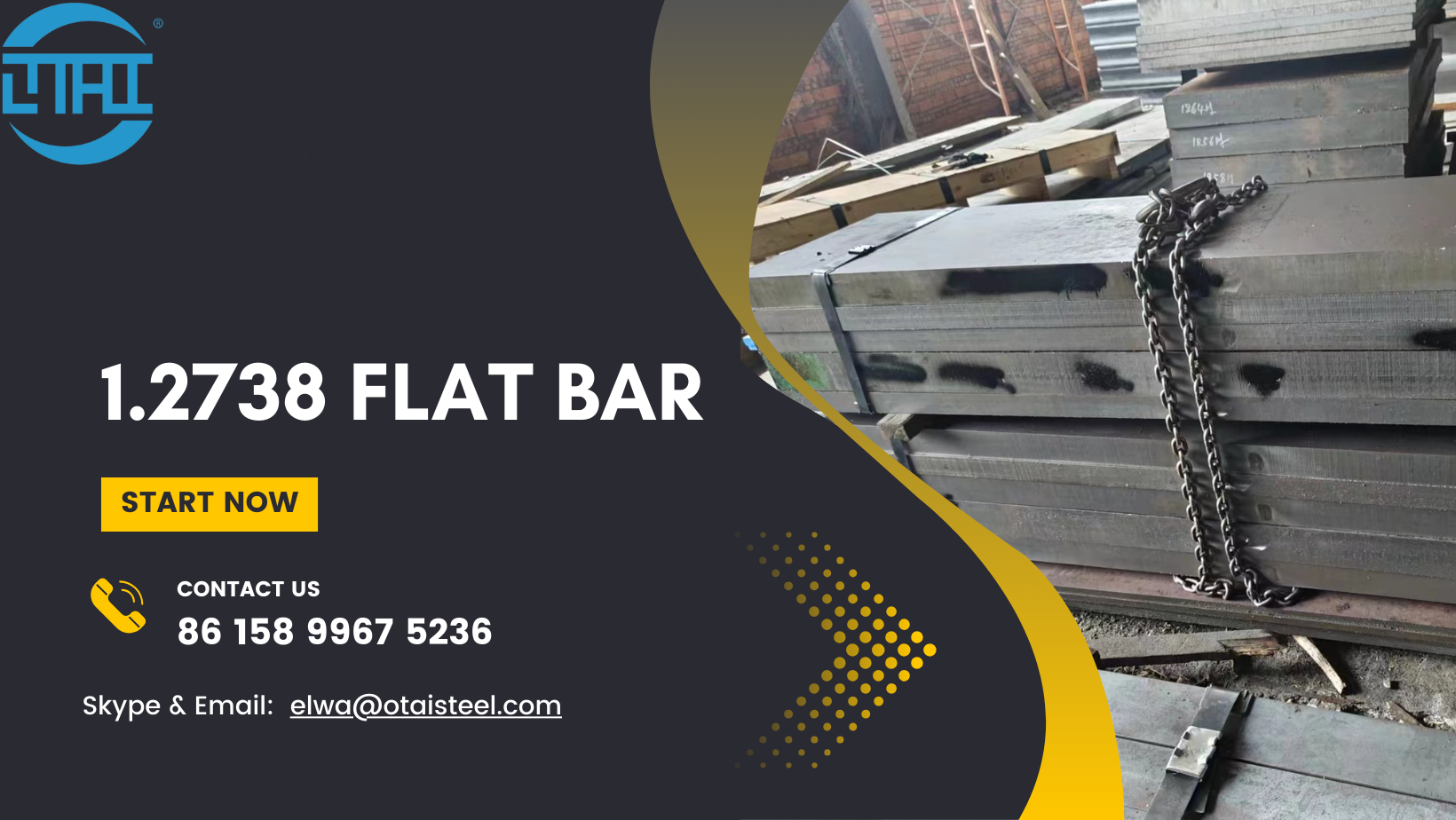
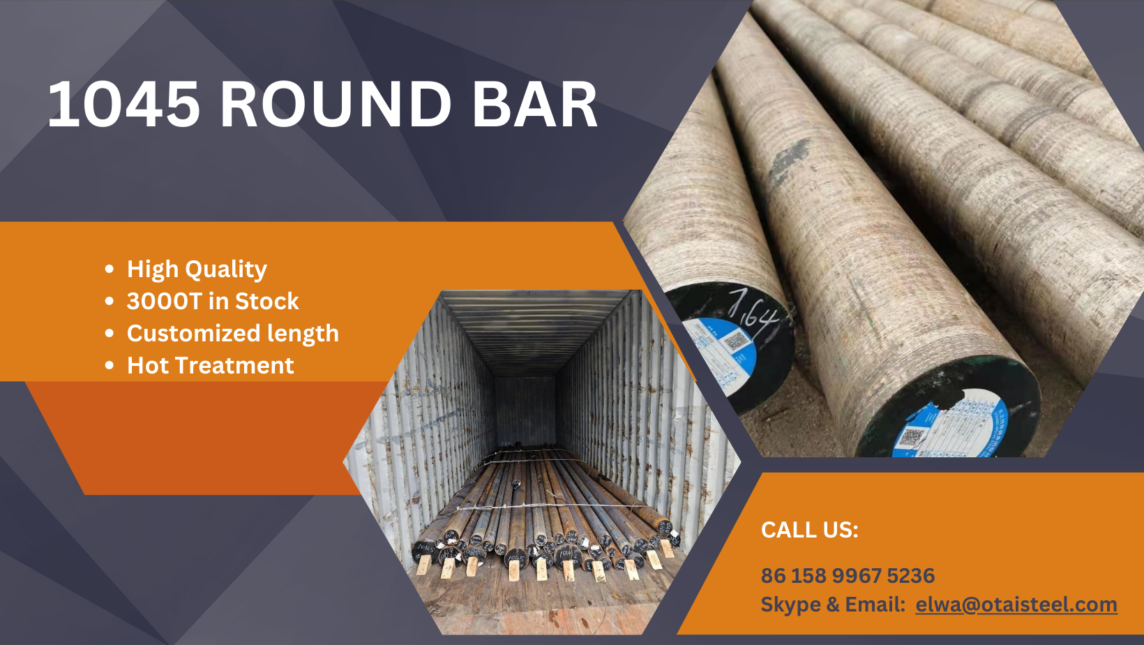
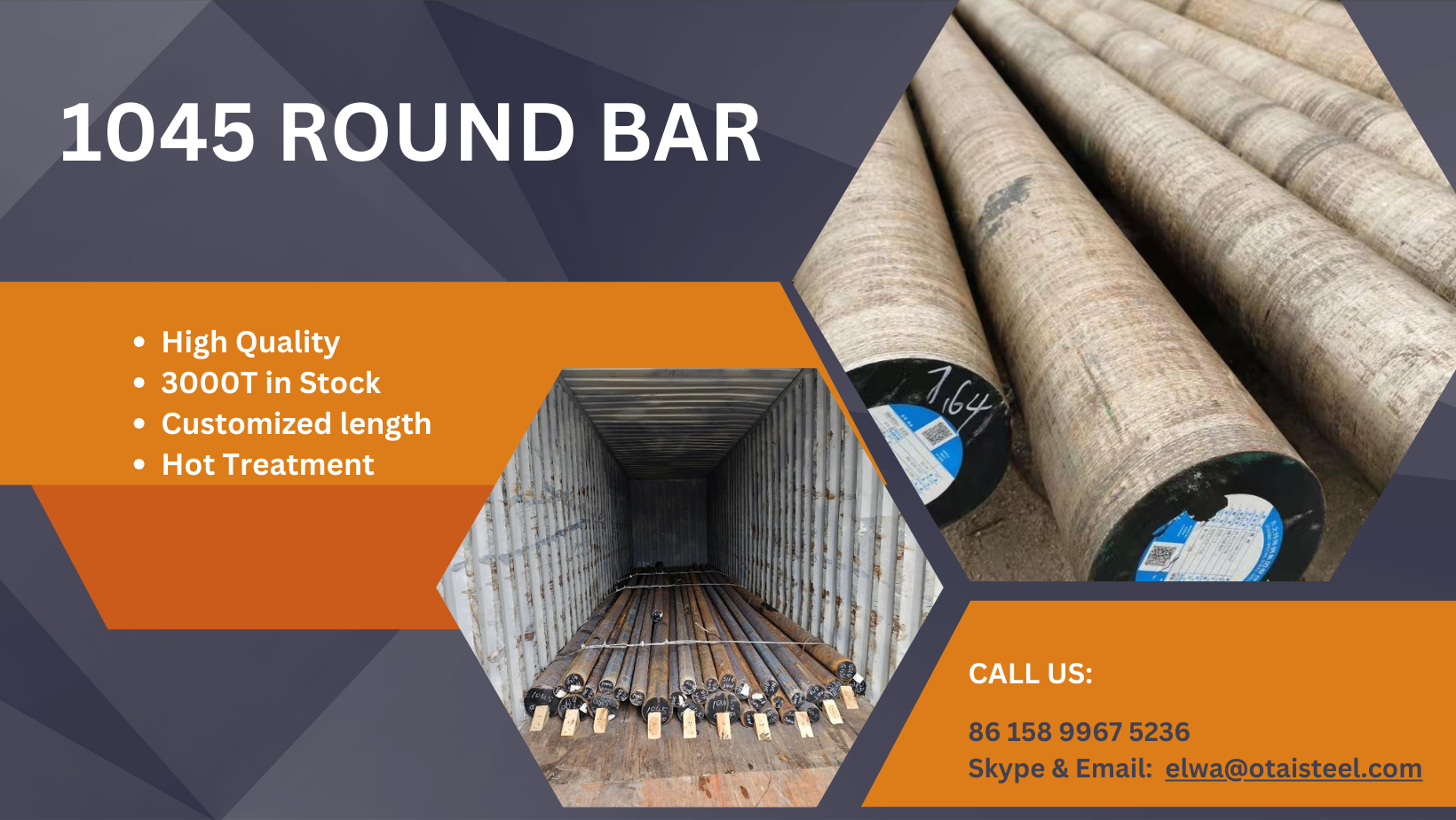
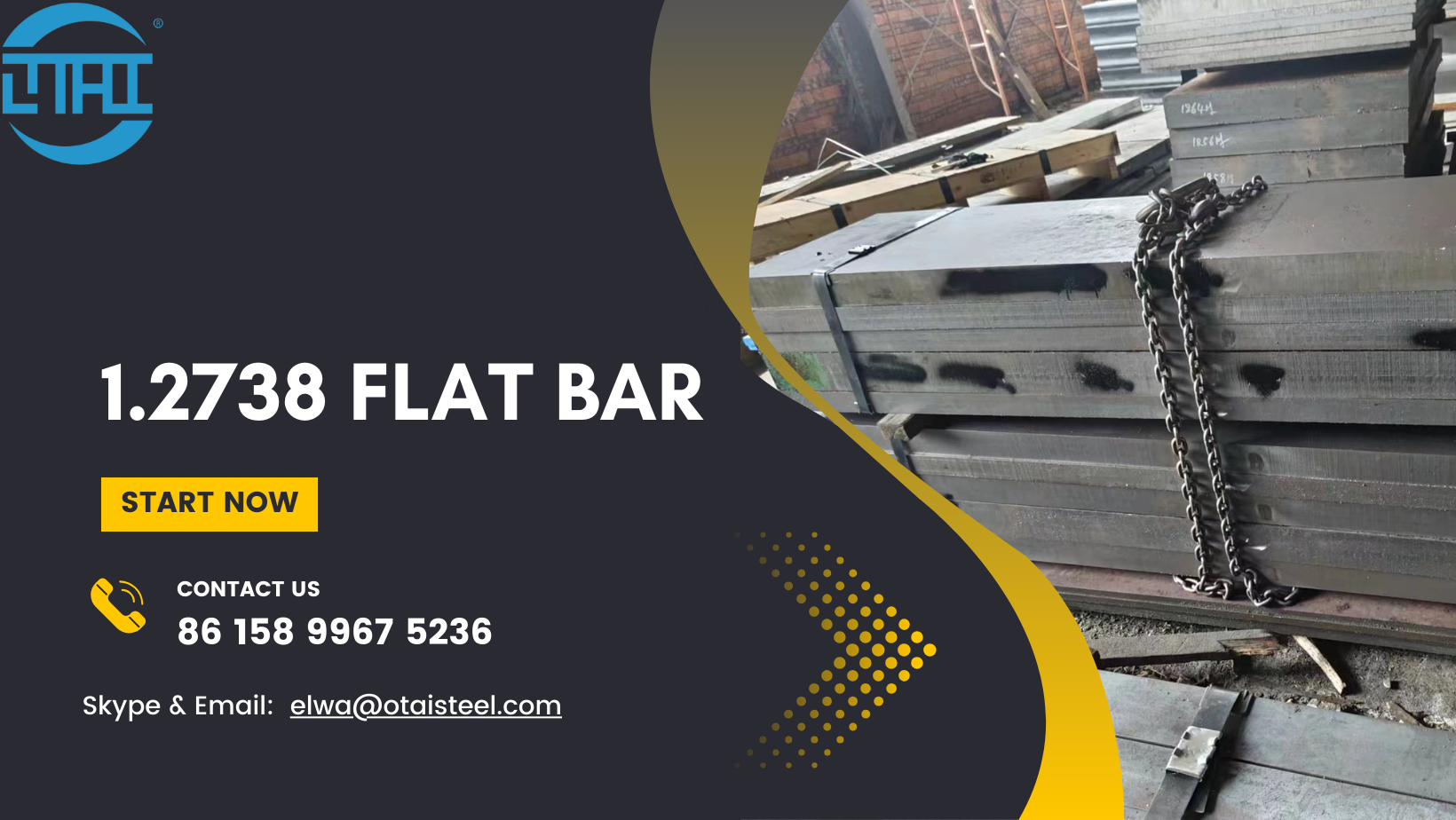
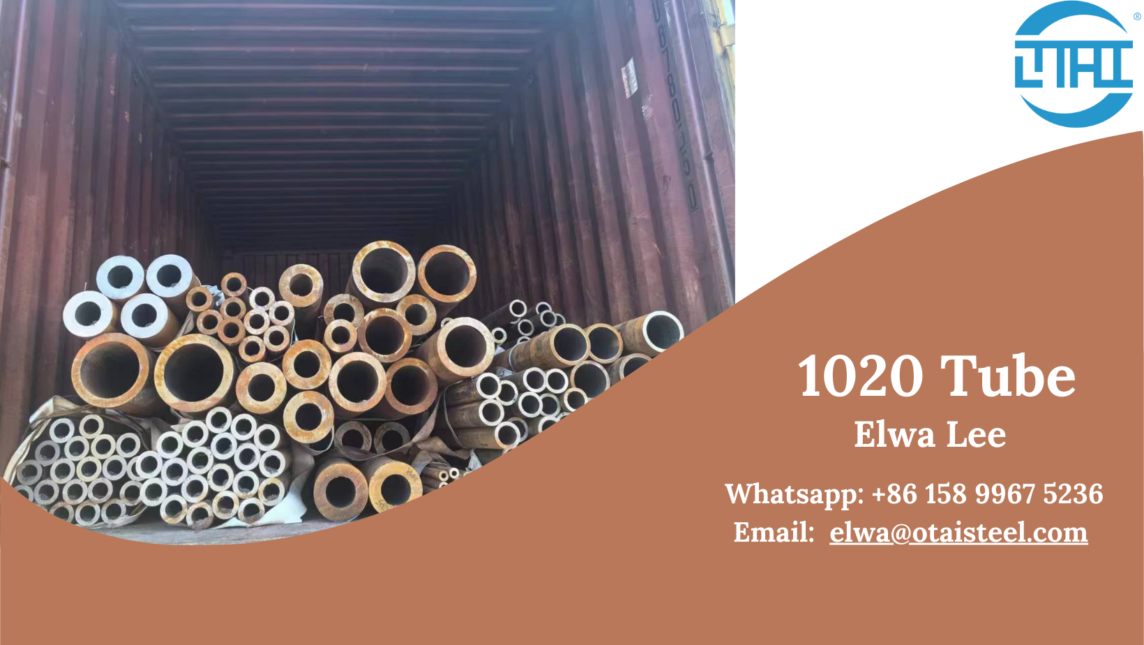
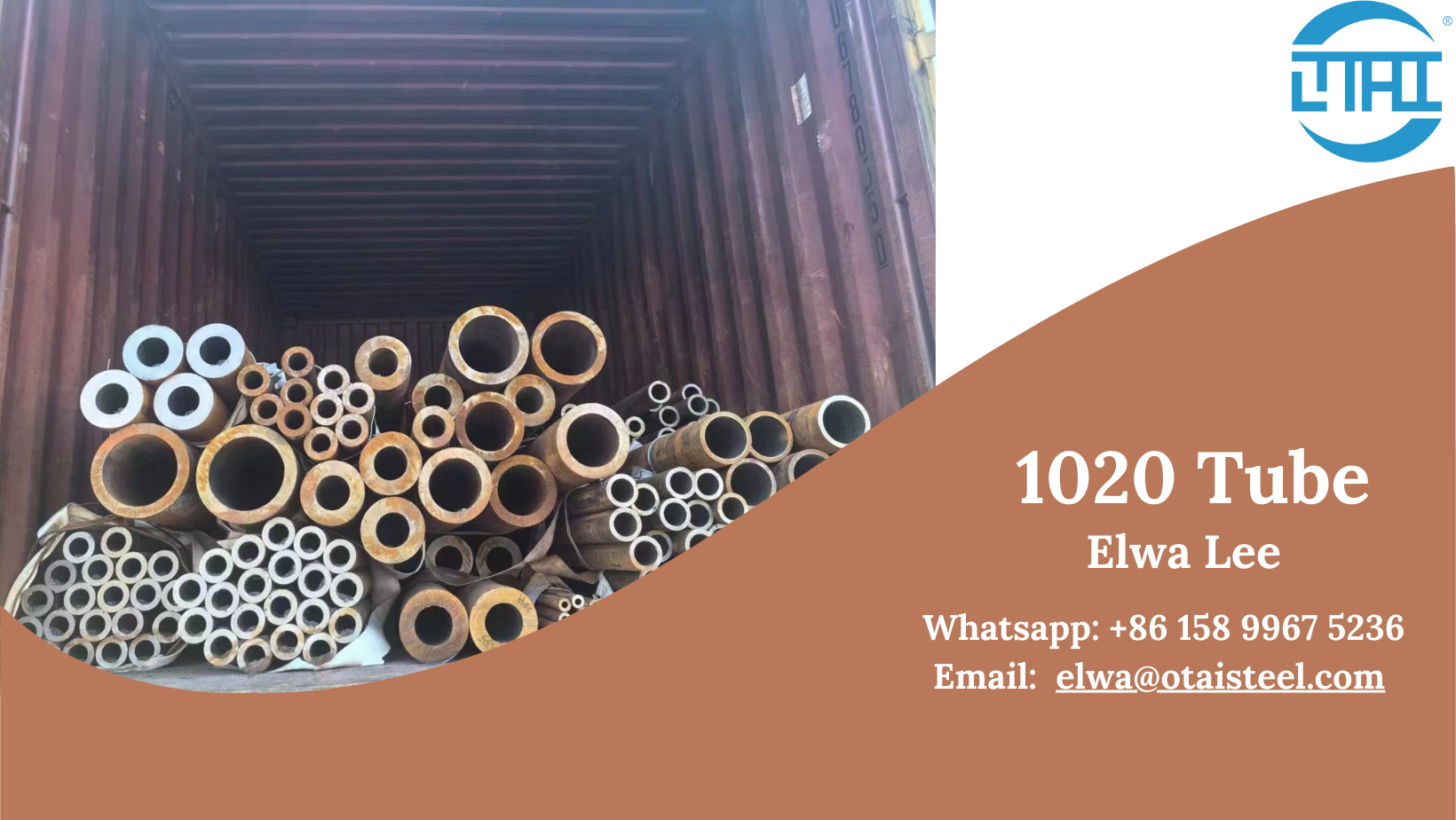 What is 1020 Steel Tube?
What is 1020 Steel Tube?